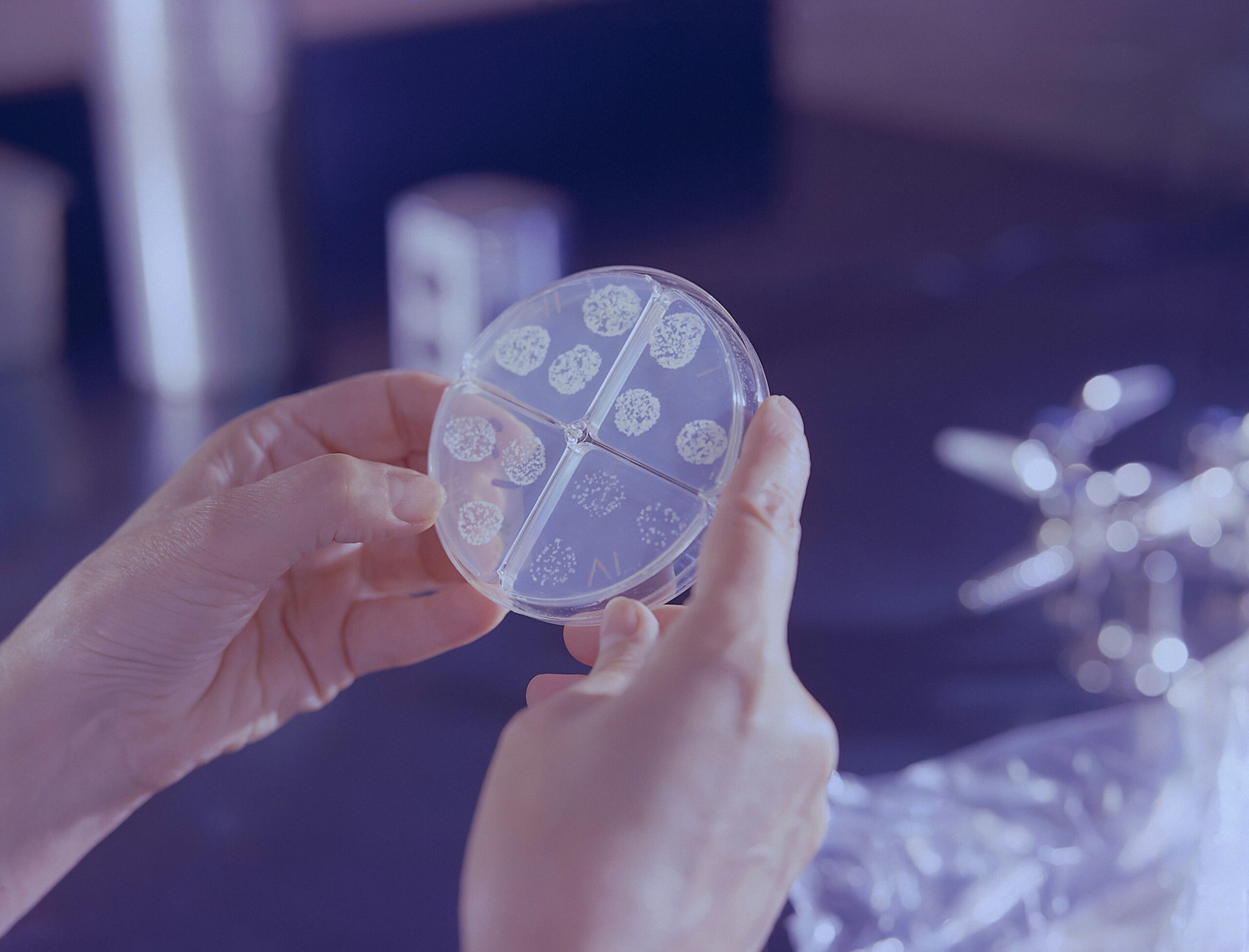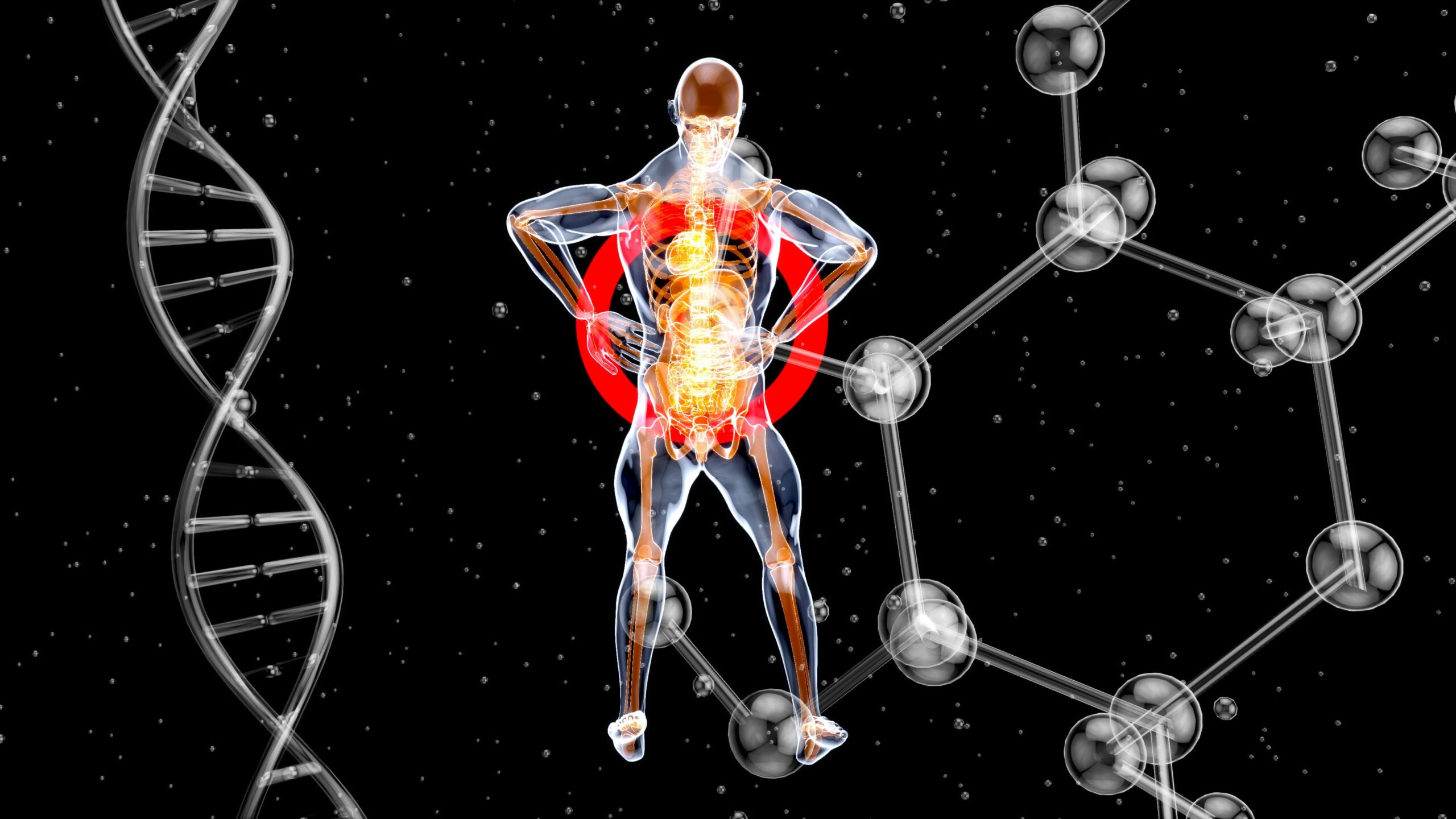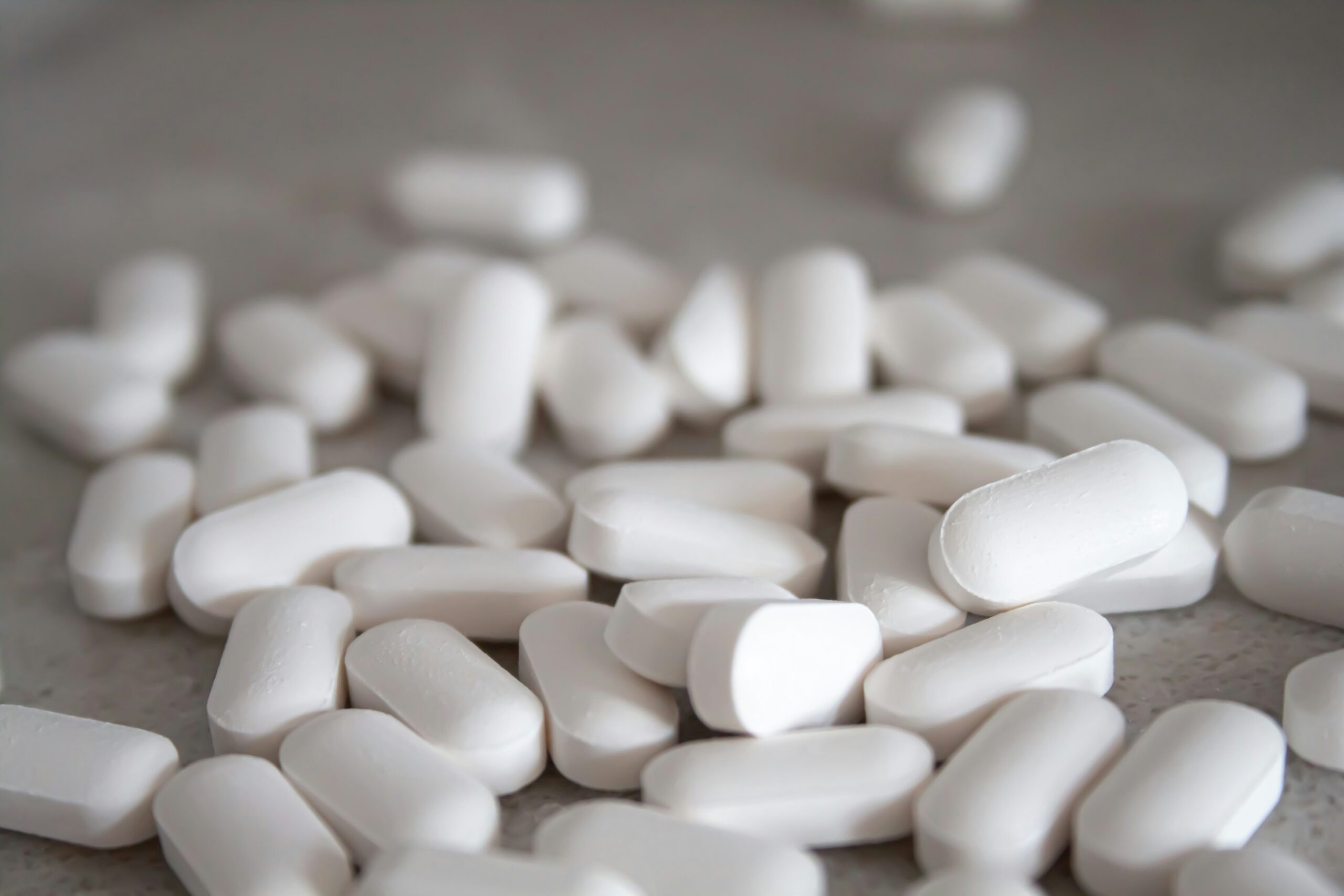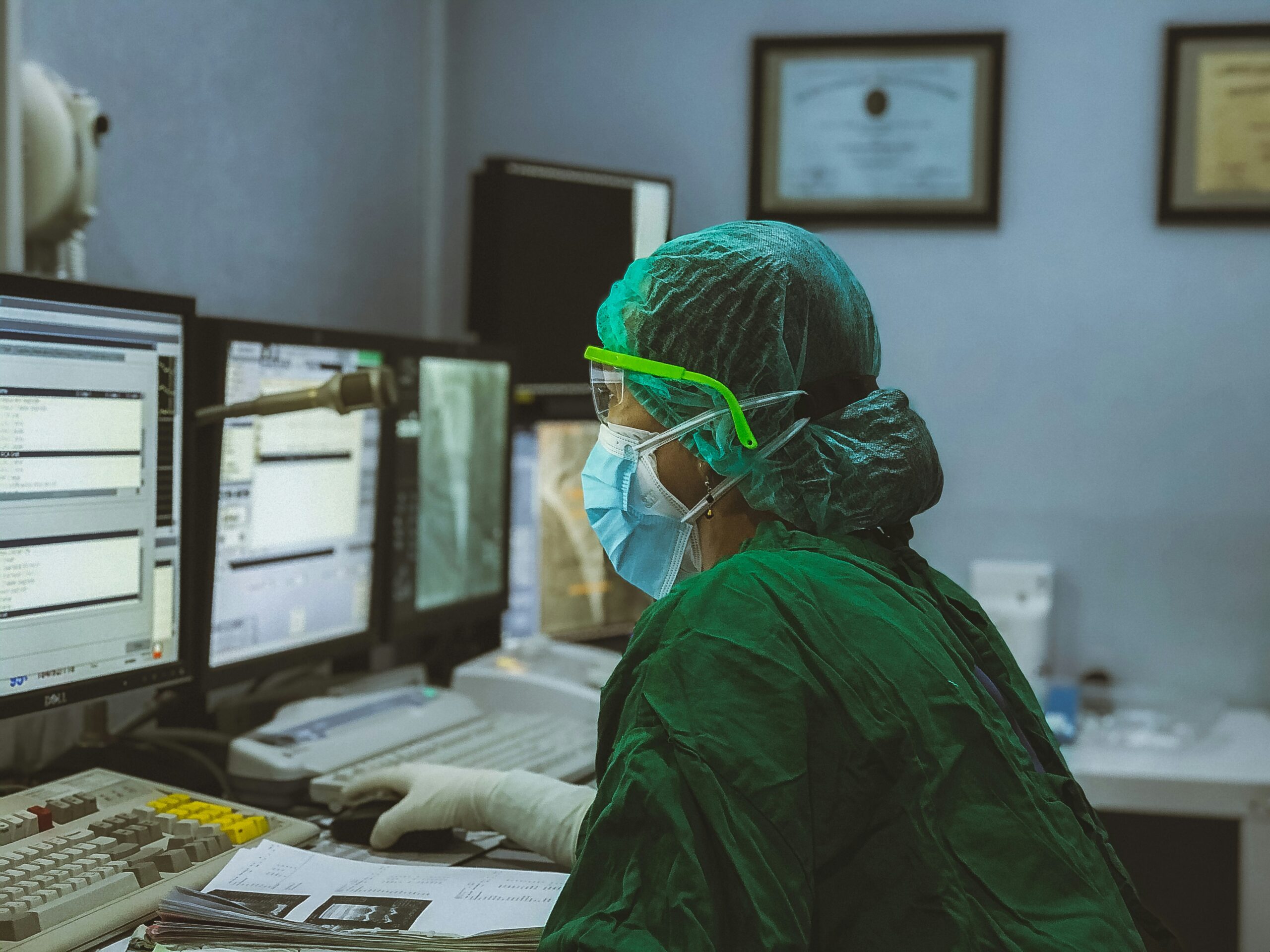SIBO is a syndrome of symptoms that occurs when too many bacteria are in the small intestine. The natural intestinal flora in a healthy person is also rich in microorganisms, but they are usually most abundant in the large intestine. In contrast, excessive microorganisms in the small intestine can be harmful. Bacterial overgrowth syndrome most often affects people with gastrointestinal tract abnormalities and chronic diseases.
SIBO symptoms are not very characteristic and usually accompany other diseases. The symptoms of bacterial overgrowth syndrome involve the gastrointestinal tract and are associated with impaired digestion and absorption. SIBO leads to various complications in the long term. SIBO, therefore, requires careful diagnosis, as symptoms can also indicate serious illnesses. Treatment is often based on antibiotic therapy, and appropriate supplementation is also recommended. Changing diet can also help reduce the severity of symptoms. Learn more about SIBO.

The disease involves bacteria in the colon that cause many intestinal symptoms. The proximal section of the small intestine does not contain much bacteria in a healthy state. This is due to stomach acid, which creates an acidic environment, allowing disinfection and inactivation of bacteria. The concentration of microorganisms usually is at most 10 organisms/ml![]() . When protective mechanisms against excessive growth of organisms fail, bacterial overgrowth of the small intestine can occur.
. When protective mechanisms against excessive growth of organisms fail, bacterial overgrowth of the small intestine can occur.
Various causes can allow small intestinal bacterial overgrowth to occur. Weakening of protective mechanisms can be related to diseases and various conditions. Certain factors can increase the risk of SIBO in patients. It is also related to lifestyle and eating habits. Causes of SIBO include:

Gastrointestinal motility is essential for health. The stomach and intestines are capable of active movement in response to the position of the digested food. Peristalsis![]() involves the muscles of the stomach and intestines, driving the walls of the organs into undulating contractions. The function of these contractions is to transport intestinal contents to further parts of the digestive system. Functional digestive system diseases, like irritable bowel syndrome, can cause motility disorders. Also, psychological factors such as stress can cause problems with intestinal peristalsis.
involves the muscles of the stomach and intestines, driving the walls of the organs into undulating contractions. The function of these contractions is to transport intestinal contents to further parts of the digestive system. Functional digestive system diseases, like irritable bowel syndrome, can cause motility disorders. Also, psychological factors such as stress can cause problems with intestinal peristalsis.
In the structure of the gastrointestinal tract, there are several sections with different structures and specific functions. Abnormalities associated with other areas of the digestive tract can also lead to SIBO. Thus, the causes may also be genetic, indicating congenital structural abnormalities. Diseases can be associated with different parts of the digestive tract. Structural abnormalities such as intestinal diverticula![]() can also be acquired. Diverticula are pocket-shaped protrusions in the mucosa and submucosal layer of the intestine. When they form in the small intestine, excessive bacterial accumulation can occur. Anatomical abnormalities can also occur due to surgery or intensive medical therapies.
can also be acquired. Diverticula are pocket-shaped protrusions in the mucosa and submucosal layer of the intestine. When they form in the small intestine, excessive bacterial accumulation can occur. Anatomical abnormalities can also occur due to surgery or intensive medical therapies.
Digestive enzymes are substances that enable the body to process nutrients properly. Enzymes make it possible to break down complex chemicals into simpler molecules that can be absorbed through the intestines. When the organs described above are dysfunctional, specific digestive enzymes can become deficient. Proteolytic enzymes![]() prevent SIBO because they digest and break down bacteria in the gut. The disorders lead to improper processing of ingested nutrients, resulting in several medical conditions. When the small intestine produces too few enzymes, damage to the small intestine may be the cause.
prevent SIBO because they digest and break down bacteria in the gut. The disorders lead to improper processing of ingested nutrients, resulting in several medical conditions. When the small intestine produces too few enzymes, damage to the small intestine may be the cause.

Hydrochloric acid in gastric juice kills bacteria and destroys the cellular bonds of food components. Digestive enzymes prepare the food for absorption in the next stage. The consequences of reduced gastric juices are gastrointestinal symptoms. Several factors lead to reduced levels of hydrochloric acid in the stomach, including an improperly balanced diet, vitamin deficiency, or excess stress. Inflammation of the stomach can also lead to a decrease in hydrochloric acid production, and the risk of SIBO increases as a result. Achlorhydria![]() , on the other hand, is a condition in which there is a complete lack of hydrochloric acid secretion in the stomach.
, on the other hand, is a condition in which there is a complete lack of hydrochloric acid secretion in the stomach.
SIBO is also related to the immune system. Excess bacteria appear primarily in people with weakened immune systems. It can occur, for example, in people with HIV infection or in those who have gastrointestinal motility disorders caused by diabetic neuropathy. Immunodeficient states, therefore, pose a risk for both SIBO and many other diseases and infections. Poor immunity puts you at risk for frequent viral, bacterial, or fungal infections.
Some diseases can result in an excess of bacteria in the small intestine. These include chronic pancreatitis, characterized by progressive parenchyma fibrosis, accompanied by atrophy of glandular tissue. In addition, many patients with diabetes experience SIBO. This is probably related to the effect of hypoglycemia on abnormal gastric emptying. Crohn's disease is another condition that can increase the risk of SIBO, as inflammation in this disease can affect the small intestine and lead to its disruption.
Also, the use of certain medications can lead to SIBO. Acid-neutralizing drugs are salts that neutralize stomach acid, while proton pump inhibitors (PPIs)![]() deactivate proton pumps and prevent the formation of hydrochloric acid in stomach cells. Such drugs may contribute to a more significant proliferation of bacteria in the small intestine. Therefore, the use of proton pump inhibitors, due to potential side effects, should be monitored and kept under constant observation.
deactivate proton pumps and prevent the formation of hydrochloric acid in stomach cells. Such drugs may contribute to a more significant proliferation of bacteria in the small intestine. Therefore, the use of proton pump inhibitors, due to potential side effects, should be monitored and kept under constant observation.

Many bacteria in the small intestine do not always cause disease activity. SIBO symptoms occur when microorganisms cause inflammation. Bacteria in the small intestine can produce toxins that damage the epithelium. Some of the most common species that cause SIBO symptoms include Escherichia coli![]() bacteria. SIBO causes a wide range of gastrointestinal symptoms. The disease can also be asymptomatic. Symptoms of SIBO include:
bacteria. SIBO causes a wide range of gastrointestinal symptoms. The disease can also be asymptomatic. Symptoms of SIBO include:
SIBO causes frequent and excessively intense bloating. Flatulence problems generally occur or worsen about 1-2 hours after eating a meal. People with SIBO are often recommended to follow a diet aimed at reducing bloating and other unpleasant symptoms.
SIBO can cause excessive gas accumulation. Gas smell can also be very intense and unpleasant, causing patients discomfort, embarrassment, and even anxiety. Excessive belching and bad breath may also occur. Symptoms are especially worse after a meal.
Another symptom of excessive bacteria in the small intestine is a feeling of fullness in the abdomen. A bloated abdomen can also indicate other gastrointestinal diseases. SIBO can lead to impaired digestion and reduced absorption of nutrients.
Abdominal pain in the course of SIBO takes the form of spasmodic pain and can be extremely severe and unpleasant. Gases accumulating in the small intestine can stretch the intestinal walls, which is the source of the painful cramps. In some people, this pain can be paralyzing, really affecting the ability to perform routine daily activities.

Various gastrointestinal symptoms occur during SIBO, including diarrhea and constipation, which can occur alternately. In more severe cases, diarrhea in SIBO patients can be fatty. This type of diarrhea leads to weight loss and malnutrition![]() .
.
Another uncharacteristic symptom associated with SIBO is chronic fatigue. Patients may also complain of impaired concentration. Excessive fatigue may be related to the malabsorption![]() disorders that occur in SIBO. The disorder causes vitamin and mineral deficiencies, which can cause general weakness.
disorders that occur in SIBO. The disorder causes vitamin and mineral deficiencies, which can cause general weakness.
SIBO has no specific symptoms, making it difficult to diagnose based on history alone at the outset. SIBO also often co-occurs with various other diseases, such as irritable bowel syndrome![]() . Therefore, diagnosing this condition requires multiple medical tests, which include:
. Therefore, diagnosing this condition requires multiple medical tests, which include:

When SIBO is diagnosed, an imaging study combined with endoscopy is performed. The appearance of the mucosa on such examination is usually normal in patients with SIBO, but there may be swelling in the area, erythema, vascularization, or ulceration. Anatomical abnormalities can also be examined by abdominal imaging and endoscopy. Upper and lower gastrointestinal endoscopy is performed to diagnose SIBO and rule out other diseases. If the endoscopy results are standard, additional imaging studies are conducted.
Microscopic examination of tissue material taken from patients is performed to diagnose SIBO. Patients may have nonspecific findings, including intraepithelial lymphocytosis, blunted villi, and cryptitis. These markers may indicate suspected SIBO. In contrast, the histopathological appearance of the mucosa is usually normal.
A breath test is often performed to diagnose SIBO because it is easy, quick, and inexpensive. The test can detect elements in exhaled air. In the case of SIBO, bacteria produce methane![]() , so detecting this breath element can indicate the disease. Breath test results for methane can be inaccurate in patients with short bowel syndrome, so breath tests are ineffective.
, so detecting this breath element can indicate the disease. Breath test results for methane can be inaccurate in patients with short bowel syndrome, so breath tests are ineffective.

Fasting bowel aspirate culture is a test used in the diagnosis of SIBO. The test determines the concentration of bacteria in the small intestine. The colony count for SIBO must exceed 1,000 colony-forming units/ml![]() in culture from the jejunum. However, this type of test is invasive and expensive, so more often, the diagnosis is based on a breath test.
in culture from the jejunum. However, this type of test is invasive and expensive, so more often, the diagnosis is based on a breath test.
Additional laboratory tests are also very helpful in diagnosing SIBO. Vitamin levels are important in such cases. Patients with the disease may have apparent vitamin and mineral deficiencies. In addition, markers of malnutrition, which may be associated with weight loss in SIBO patients, are tested. Results may also include anemia and increased fecal fat content.
The first step in treating SIBO is to identify the cause. Causal treatment is more effective and reduces the risk of recurrence. SIBO is also associated with various dangerous conditions, such as cirrhosis, kidney and pancreatic diseases, and immune disorders. Therefore, determining the cause is recommended.
The main goal is to eliminate bacteria from the small intestine. Reducing the amount of bacteria results in a decrease in the intensity of SIBO symptoms. Follow-up during and after therapy is also essential to correct any nutritional deficiencies, among other things.

The first stage of treatment is most often the administration of antibiotics to eliminate bacterial overgrowth. Different types of drugs are used to treat SIBO, including neomycin![]() , and rifaximin
, and rifaximin![]() . Patients with recurrences are treated with a second course of antibiotics.
. Patients with recurrences are treated with a second course of antibiotics.
Changing dietary habits to achieve better treatment results and minimize SIBO symptoms is also important. Correcting deficiencies and restoring proper weight may be necessary. Diet is also used as a treatment option in cases where patients are intolerant to antibiotics or do not respond to drug treatment. The diet for SIBO should be low in fermentable carbohydrates and polyols. In such situations, specialists recommend a low FODMAP diet![]() , which deprives microorganisms of their energy source and limits their growth.
, which deprives microorganisms of their energy source and limits their growth.
In some cases, probiotics administered in properly adjusted doses are recommended. Probiotics can provide beneficial effects in treatment due to their ability to modulate the composition of the intestinal microflora. Beneficial bacteria naturally present in the intestinal flora protect the body from colonization by other microorganisms. However, it should be borne in mind that the effectiveness of probiotic treatment depends on the type of bacteria, so this type of treatment may only be effective for some patients. The use of probiotics may exacerbate the symptoms of SIBO, so this type of treatment should be approached with caution.